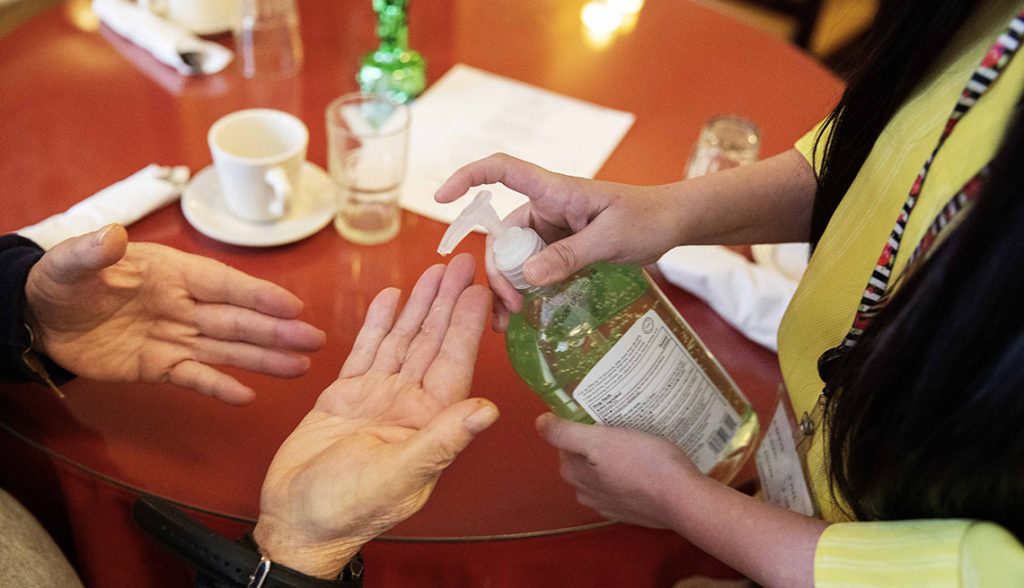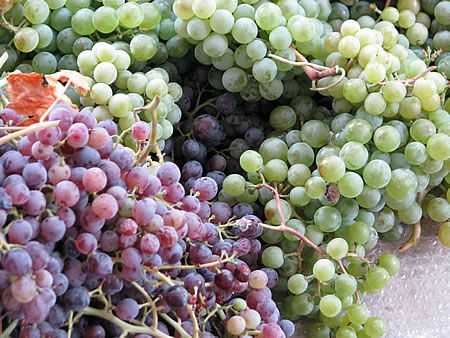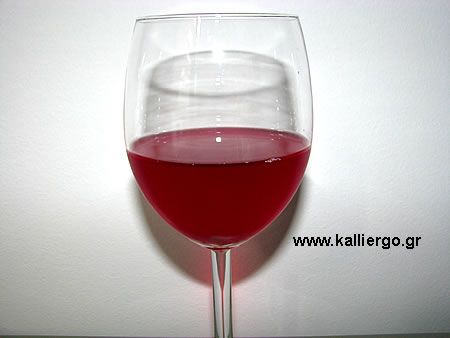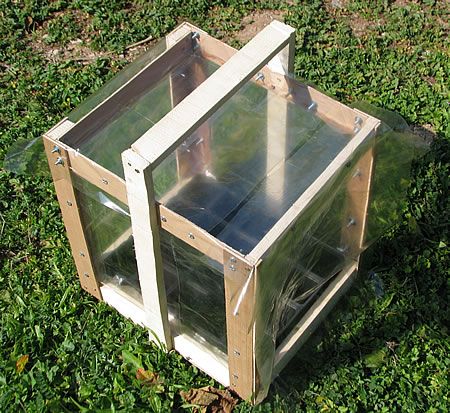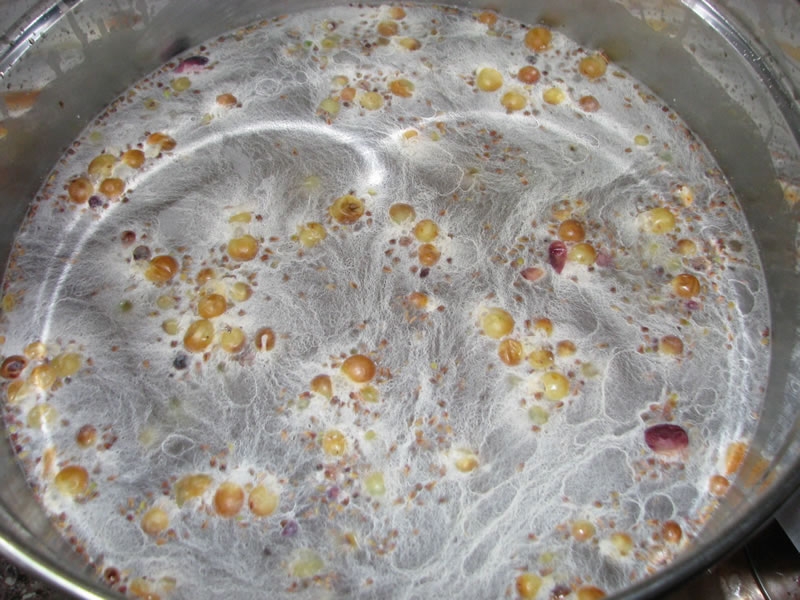Disinfection and cleaning in the home should be done daily as one of our protection measures against COVID-19 and as one of our contributions to making it harder to spread.
The ideal products for cleaning and disinfecting surfaces inside the home, and our hands, are the certified disinfecting products and wipes for this use that can be found in stores and pharmacies. Products that are certified to disinfect and kill viruses and bacteria.
But what do we do if, for some reason, we have difficulty obtaining them? E.g. due to lack.
In the following we will discuss alternative products that we have in our home that we can use to disinfect our hands and surfaces in the home. Products that, according to sources, can kill Coronavirus and other viruses and bacteria.
We will also refer to myths circulating on the internet about recipes for making disinfectants.
The article is based on reliable sources, but I am not an expert scientist to confirm the information. I convey the information in good faith and with the aim to help. Please listen to and follow the guidance issued by responsible government sources. It is the least we can all do, respecting ourselves and our fellow human beings.
True: Hand washing
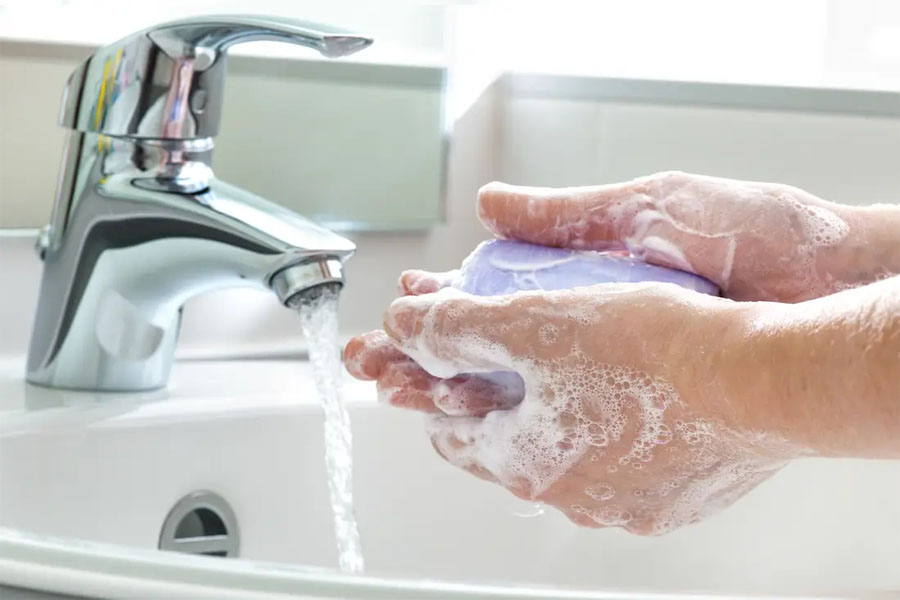
“It’s not possible to disinfect every surface we touch during the day, inside or outside the home,” says Stephen Thomas, M.D., chief infectious disease officer and director of global health at Upstate Medical University in Syracuse. “The planet is covered with viruses and bacteria and we are in constant contact with them. So handwashing remains the best defense against coronavirus.”
Simple soap, solid or liquid, is enough. It doesn’t have to be a disinfectant.
We need to soap our hands for at least 20 seconds with cold or warm water. Both cold and hot water have the same effect.
Do not “caress” your hands when washing. We scrub them as if we want to get dirt off them that is difficult to get off.
We wash the areas between the fingers and make sure that soap goes under the nails as well. This area is a place that is very fond of viruses and bacteria.
We wash our hands immediately when we return home from outside. By the time we go to the sink we make sure we touch as few surfaces as possible, and certainly not other people.
The video below gives practical instructions for hand washing. (No sound).
Reality: Disinfecting surfaces at home
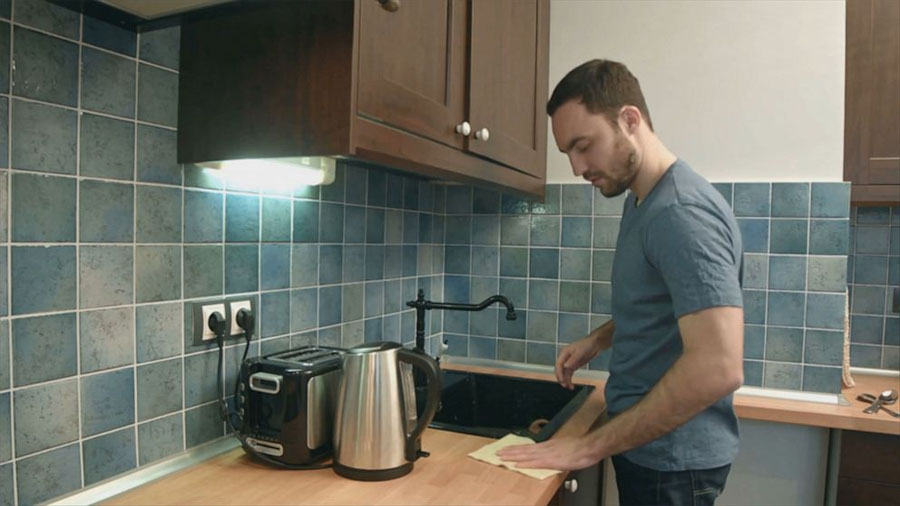
Stephen Thomas, M.D., says we need to become more diligent about cleaning the surfaces we regularly touch in the home in cases where a member is showing symptoms or there are confirmed cases of COVID-19 coronavirus infection in the area where we live. “Disinfect surfaces that are touched frequently, such as surfaces in the kitchen, toilet, rooms where you spend a lot of time, three times a day with products that kill viruses.” On smooth and plastic surfaces, Coronavirus can survive up to 3 days according to the latest data.
Disinfection means: killing or inactivating viruses and bacteria.
Clean means: Removing visible dirt.
They are different things!!!
According to the Environmental Protection Agency, the good news is that coronaviruses are one of those types of viruses that can be easily killed using the right product. “It has a ‘envelope’ around it that allows it to merge with other cells and infect them,” says Stephen Thomas. “If this ‘envelope’ is disrupted, the virus ceases to be effective.”
Of course, the ideal products for this job are approved disinfectant products found in pharmacies, shops and supermarkets. But if we can’t find these products, there are materials that we probably already have in our home, or can find more easily, that are effective in deactivating the Coronavirus.
Cleaning products that destroy Coronavirus
True: Soap and water
Just the friction from rubbing hands with soap and water can break down the protective envelope of the coronavirus. “Rub your hands as if you have something stuck on them that’s hard to get off and you really want to get rid of it,” says Richard Sachleben, a chemist and member of the American Chemical Society. Throw away the disposable towel you’re using or put the regular towel in a basin of soap and water for a while to destroy any viruses that have survived.
True: Chlorine
The Centers for Disease Control and Prevention, recommends using a bleach solution that can be prepared by dissolving 4 teaspoons of bleach in 1 liter of water. Notes: If you have an empty 1.5 liter soda bottle handy, you can fill it with water and add 6 teaspoons of bleach and shake well.
Use disposable gloves when using the bleach solution to clean up.
DO NOT mix the bleach with anything other than water. There is a GREAT DANGER of creating poisonous vapors. Be very careful with bleach. It is no coincidence that the famous Austrian professor of ecological chemistry and geochemistry Dr. Oto Huntsinger said years ago, “God created 91 elements, man created 15 and the Devil created only one, Chlorine.”
Do not keep the chlorine solution for more than 3 days in the plastic bottle. Chlorine degrades many plastics.
After disinfecting kitchen surfaces, or metal surfaces with the bleach solution, allow a few minutes to pass and then clean with plain water. This way you won’t let the bleach spoil or discolor the surfaces.
True: Alcohol in solution or isopropyl alcohol
A solution of 70% or more alcohol in water is effective against coronavirus, Sachleben says.
How to make it:
Blue spirit in the country usually comes in 450ml packets. But it is not 100% pure alcohol, but 93%. We need to keep this in mind.
Pour all the alcohol into an empty 1.0 litre soft drink bottle, add enough water to fill it just over halfway. Stir. You have your alcohol-based disinfectant.
Alternatively you can use insoluble Isopropyl Alcohol which can be found in pharmacies.
In both cases, put the solution in a sprayer and spray the surfaces you want to disinfect.
True: Hydrogen Peroxide
According to the Centers for Disease Control and Prevention, plain 3% Hydrogen Peroxide solution is effective at disabling rhinovirus, the virus that causes the common cold, after contacting it for 6 to 8 minutes out of an hour.
Rhinovirus is more difficult to neutralise than coronavirus, so the acetate will be able to inactivate coronavirus in a shorter time.
Put the 3% Hydrogen Peroxide solution insoluble in a sprayer and spray the surfaces you want to disinfect. Let it sit for several minutes though. The longer, the better. In any case, no less than 6 to 8 minutes an hour.
3% Hydrogen Peroxide solution is not corrosive, so you can use it safely on metal surfaces. However, there is a possibility that it will discolour coloured clothes.
It doesn’t need cleaning, as it decomposes over time in oxygen and water, Sachleben says.
Materials that are not effective against coronavirus
Myth: Recipes for home-made disinfectants
You’ve surely come across dozens of recipes for making disinfectants at home using natural ingredients. Some of them are said to target coronavirus as well.
Thomas, of Upstate Medical in Syracuse, does not recommend them. In fact, he’s against them. “People don’t know the exact ratios to use, and they won’t find the answers on the Internet,” he says. He continues: “Not only can they give you a false sense of security, but you can even hurt yourself. Even though I’m a professional chemist, I don’t mix ingredients in my home to make disinfectants. If I do it myself and without being able to confirm its action, how can I know it’s effective or chemically stable?”
Myth: Vodka and other alcoholic beverages
There are many recipes circulating on the Internet that suggest using Vodka to make hand sanitizers against Coronavirus. At least two vodka manufacturers (Smirnoff and Tito) have already issued statements informing the public that the alcoholic beverages they produce do not contain enough ethyl alcohol to destroy Coronavirus. They contain only 40% alcohol, whereas at least 70% is required, as we saw earlier in the article.
Myth: White Vinegar
Disinfection using white vinegar is a very popular solution on the Internet. However, there is no evidence that it is effective against the COVID-19 Coronavirus.
Summary
Wash your hands regularly with soap and water. Wash hands the right way.
Disinfect surfaces in the home with commercial disinfectants or with materials that are available in your home and easy to find. The article gives instructions, based on expert opinions.
Vodka, white vinegar and dubious recipes for making antiseptics and disinfectants at home do not work against COVID-19 Coronavirus.
The article is based on reliable sources, but I am not an expert scientist to confirm the information. I am conveying the information in good faith and with the goal of helping. Please listen and follow the guidance issued by responsible government sources. It is the least we can all do, respecting ourselves and our fellow human beings.
Sources
These Common Household Products Can Destroy the Novel Coronavirus. CR shows you how to use them and tells you which products to stay away from
Environmental Cleaning and Disinfection Recommendations
Why Is 70% Isopropyl Alcohol (IPA) a Better Disinfectant than 99% Isopropanol, and What Is IPA Used For?
Chlorine
Tags: CHLORINE BLEACH • CORONAVIRUS • DISINFECTANTS • DISINFECTION • ETHANOL • HOUSE • HYDROGEN PEROXIDE • I MAKE • RECIPES • SOAP • VINEGAR • VODKA

